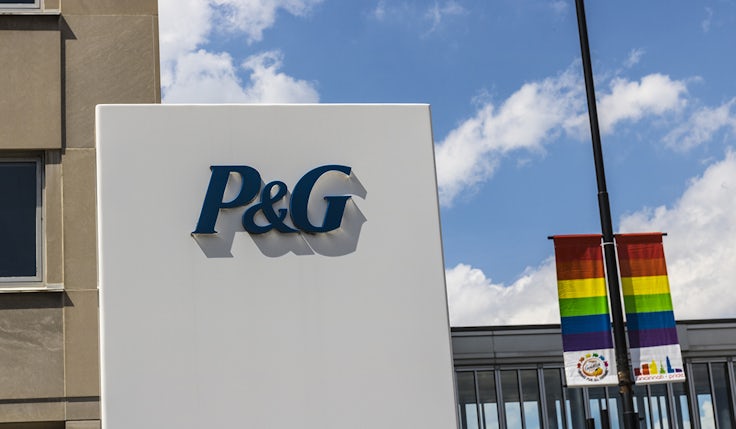80% of marketers deem creative quality key to marketing effectiveness
Creative effectiveness is rising in importance for marketers but measuring success remains a challenge.
 Marketers are putting more focus on the quality of their creative in a tough economic environment where standing out has never been more important.
Marketers are putting more focus on the quality of their creative in a tough economic environment where standing out has never been more important.
Four-fifths (80.5%) of the 1,300 brand-side marketers surveyed for Marketing Week’s Language of Effectiveness survey, supported by Kantar, believe that creative effectiveness is one of the most influential factors in the overall success of a campaign, with 14.2% singling it out as the most important factor. Just 3.2% believe it has no influence at all.
The importance marketers put on the quality of creative is also rising. Nearly two-thirds (60.8%) have increased their focus on creative in the past year, with 19.5% saying it has increased substantially. Only 8.9% say their focus on the quality of their creative has decreased in the last year.
This focus on creative effectiveness extends irrespective of what type of business a marketer is in. Both B2B and B2C companies believe creative effectiveness is an influential aspect of a campaign’s success, with 80.9% of B2B companies deeming it overall important and 81.6% of B2C firms thinking the same. Those with a mixture of B2B and B2C once again are closely aligned with the rest of the industry albeit slightly less at 78.9%.
‘Accept that you’ve never sussed it’: Marketers on the challenge and opportunity of measuring effectivenessThere is, however, slightly more difference when it comes to how B2B and B2C marketers’ focus on creative effectiveness has changed in the last 12 months. Nearly two-thirds (62.3%) of B2B marketers have seen their focus on creative effectiveness rise, while 54.9% of B2C marketers say the same. This difference could be explained by the fact 32.3% of B2C marketers have say their focus on creative effectiveness hasn’t changed since last year, in comparison to 23.3% of B2B marketers.
Perhaps B2B marketers are seeing more value in creative effectiveness than they have before, particularly as more understand the importance of brand building.
It is positive news, though, that the industry is paying closer attention to the quality of its creative in such difficult times. Just last month Thinkbox released a study into the importance of creativity within advertising, stressing its importance in helping to build brands. Anthony Jones, head of research, said at the time: “Creativity is one of the most powerful drivers of advertising effectiveness, it’s in everyone’s interests to see it thrive.”
Tracking well?
But, for all this talk of the importance of creative effectiveness and an increased focus on making sure creative works, the industry still doesn’t seem to be able to measure creative effectiveness as effectively as it would like.
Just 57.3% of marketers have analysis in place to measure creative effectiveness, a surprisingly small percentage when you consider how important most claim it to be. Indeed, a worrying 33.2% of marketers don’t have any method of tracking creative effectiveness at all (which in this case means, as an example, gauging an emotional response or influencing customer behaviour).
Marketers need to put creativity back in its placeDespite marketers suggesting their focus on quality creative is increasing, the percentage who say they can measure its effectiveness is actually slightly down on last year (58.5%).
Marketing Week has published a series of content based on the Language of Effectiveness data, including a report. In the coming weeks we will be looking further at the role of market share as a metric, among other things.
Click here to read all our Language of Effectiveness content







